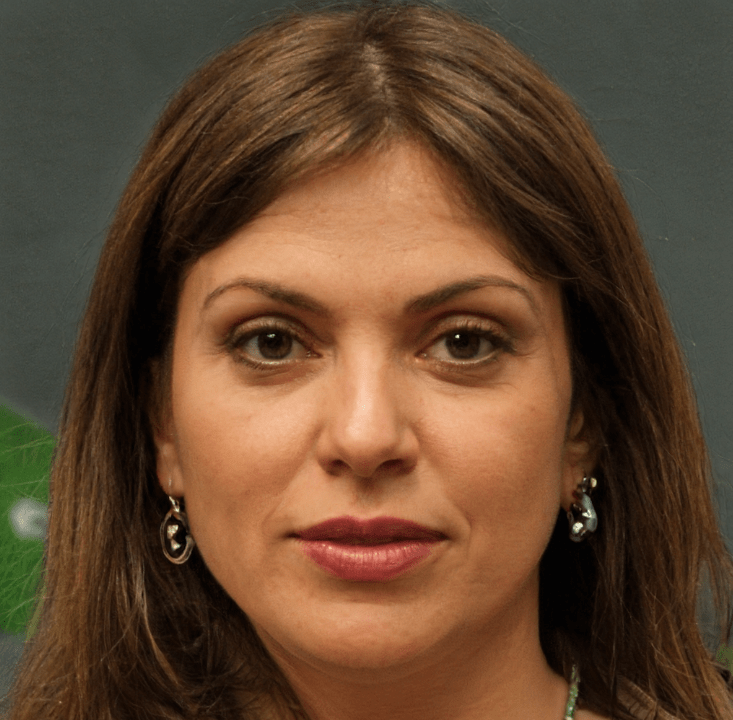Ever wondered how bookmakers come up with the odds for your favorite sports events? In this article, I’ll take you behind the scenes to uncover the intricate process of setting odds in the world of sports betting. From analyzing team performance to factoring in public perception, bookmakers use a combination of data and expertise to determine the probabilities of different outcomes.
As I delve into the world of bookmaking, you’ll gain insight into the strategies and techniques employed to ensure fair and competitive odds. Understanding the methodology behind setting odds not only sheds light on the complexity of the industry but also highlights the precision and calculation involved in this fascinating practice. Join me on this journey to demystify the art of setting odds and discover the meticulous work that goes on behind the scenes in the world of sports betting.
Exploring Bookmakers’ Role
Delving deeper into the intricacies of bookmakers’ roles, it’s essential to understand the multifaceted approach they undertake. Bookmakers play a pivotal role in setting odds for sports events, relying on a blend of analytical skills, market knowledge, and risk assessment to determine the probabilities accurately.
Analyzing Team Performance: Bookmakers meticulously analyze team performance, considering various factors such as recent form, head-to-head records, player injuries, and weather conditions. This comprehensive evaluation enables them to make informed decisions when setting odds for upcoming matches.
Considering Public Perception: In addition to statistical analysis, bookmakers also factor in public perception and betting trends. They adjust odds based on the volume of bets placed on specific outcomes, aiming to balance their book and mitigate potential losses.
Utilizing Data and Expertise: Bookmakers leverage a vast amount of historical data, statistical models, and expert insights to fine-tune their odds’ accuracy. This blend of quantitative analysis and industry expertise is crucial in ensuring competitive odds that reflect the true probabilities of different outcomes.
Ensuring Fairness and Competitiveness: The primary goal of bookmakers is to offer fair and competitive odds that attract betting action while maintaining profitability. By striking a delicate balance between risk and reward, bookmakers aim to create a betting market that is both engaging for punters and sustainable for their business.
By peeling back the layers of bookmakers’ role in setting odds, one can appreciate the intricate blend of art and science that underpins the world of sports betting. Their meticulous approach, anchored in data-driven decision-making and industry expertise, shapes the betting landscape and enhances the overall experience for sports enthusiasts worldwide.
Factors Influencing Odds Setting
Historical Data Analysis
When setting odds, I rely on historical data to gauge the performance of teams in various sports events. Analyzing past outcomes helps me establish patterns and trends that inform the likelihood of future results. By studying historical data meticulously, I can better assess the strengths and weaknesses of teams, enabling me to set accurate and competitive odds.
Market Trends Consideration
In determining odds, I pay close attention to current market trends in sports betting. Understanding the prevailing sentiments and preferences of bettors allows me to adjust odds to reflect the demand and expectations within the betting market. By considering market trends, I ensure that the odds I set are responsive to the dynamic nature of sports betting, enhancing fairness and competitiveness in the gambling landscape.
Statistical Models in Odds Setting 
- Dynamic Adjustment and Risk Management:
Statistical models allow for the dynamic adjustment of odds based on real-time data and evolving conditions. By analyzing variables such as historical performance and player statistics, these models help in managing risk effectively and ensuring a balanced book, which supports maintaining a healthy profit margin regardless of the event outcomes. - Market Efficiency and Competitive Edge:
Leveraging statistical models helps in identifying market inefficiencies and mispriced odds, providing a competitive advantage. By incorporating predictive analytics and adjusting odds based on detailed analysis, bookmakers can offer fair prices to bettors while enhancing profitability and staying ahead in the sports betting industry.
Evaluating Bookmakers’ Margins
Exploring bookmakers’ margins is crucial in understanding how odds are set in the gambling industry. Bookmakers aim to balance their books by adjusting the odds to ensure a profit margin regardless of the outcome of a sports event. When evaluating bookmakers’ margins, one key concept to consider is the overround, also known as vig or juice.
I calculate the overround as the sum of the implied probabilities of all possible outcomes of an event. Bookmakers build this margin into their odds to guarantee a profit. For example, in a tennis match, if both players have odds of 2.00 to win, the overround would be 100% (50% for each player). However, bookmakers typically set odds slightly above even money to cover their costs and make a profit, resulting in an overround exceeding 100%.
Understanding the concept of margins allows me to assess the competitiveness of bookmakers. Lower margins imply better value for bettors as more of the total money staked is returned as winnings. By comparing bookmakers’ margins, I can identify those offering more favorable odds, potentially increasing my chances of profitable betting in the long run.
Bookmakers strategically adjust their margins to attract customers while ensuring profitability. By analyzing and evaluating these margins, I gain insights into the underlying strategies bookmakers employ to set odds and manage risks effectively in the highly competitive sports betting market.



 Bertha Richardonner is the visionary founder of Gamble Wise Roots, a comprehensive platform dedicated to providing news and updates on the gambling industry. With a passion for demystifying the world of casinos, Bertha's expertise shines in simplifying casino basics, offering insights on understanding odds, and exploring the evolution of casino games.
Her deep dive into the origins of betting uncovers the cultural and historical roots of gambling, helping players make more informed decisions. Through Gamble Wise Roots, Bertha empowers enthusiasts with knowledge and a thoughtful approach to gaming.
Bertha Richardonner is the visionary founder of Gamble Wise Roots, a comprehensive platform dedicated to providing news and updates on the gambling industry. With a passion for demystifying the world of casinos, Bertha's expertise shines in simplifying casino basics, offering insights on understanding odds, and exploring the evolution of casino games.
Her deep dive into the origins of betting uncovers the cultural and historical roots of gambling, helping players make more informed decisions. Through Gamble Wise Roots, Bertha empowers enthusiasts with knowledge and a thoughtful approach to gaming.
